Welcome to the Research and Strategy Services at in today's fast-paced.

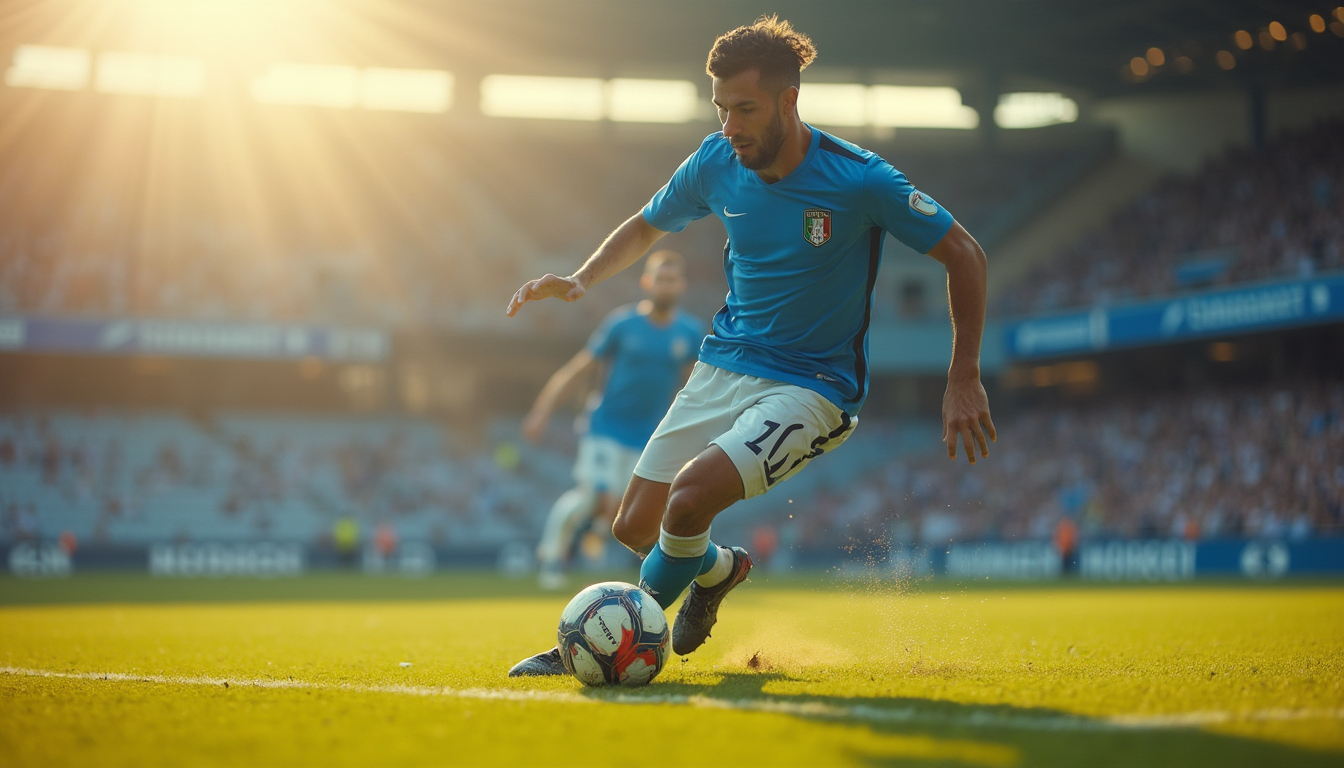
Soccer is often described as the “beautiful game” because of its technical skills, fluid movements, and creative flair. But at the highest level, what separates the good from the great is not just physical ability—it’s mental performance. Modern elite soccer, especially in the tactical schools of Italian football, demands extraordinary cognitive skills to succeed under relentless pressure.
Here are five of the top cognitive demands that define performance on the pitch.
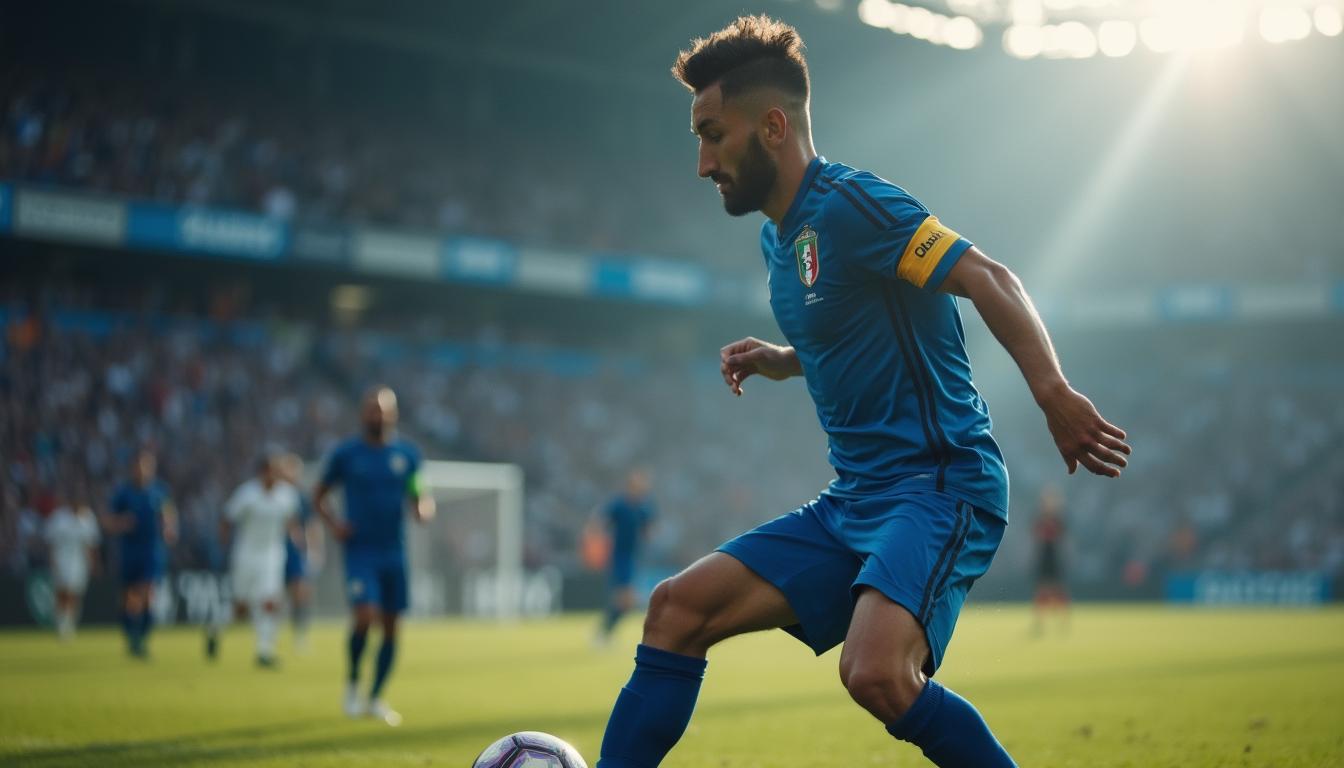
Italian football has long been renowned for its tactical complexity. Players must process options instantly: whether to pass, shoot, or hold possession. A single moment of hesitation can mean the difference between threading a ball through a defense or losing possession. Decision speed under pressure is therefore a defining cognitive skill in elite play.
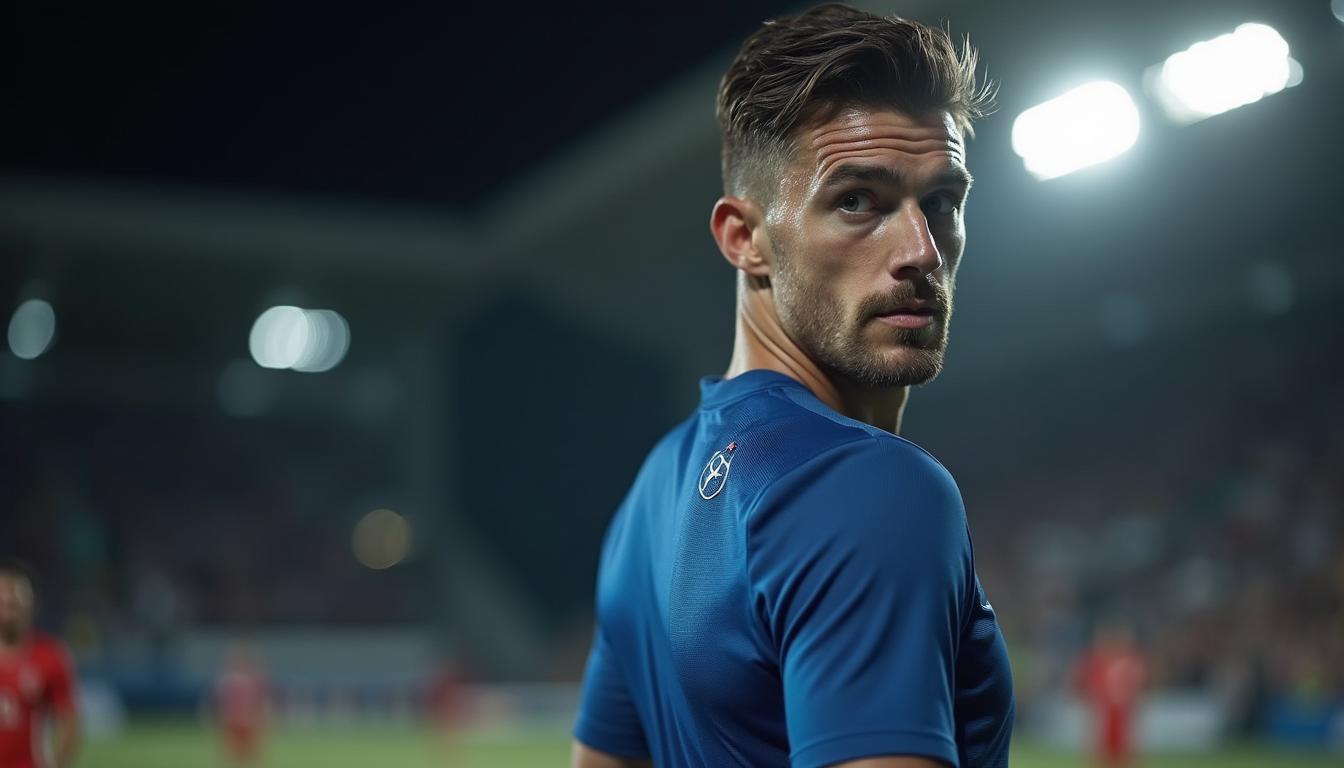
Soccer players are constantly scanning—tracking the ball, teammates, opponents, and open spaces. Italian defenders, in particular, are known for their ability to anticipate plays and position themselves effectively. This type of awareness demands a high-level integration of perception and action, where players read patterns before they fully emerge.
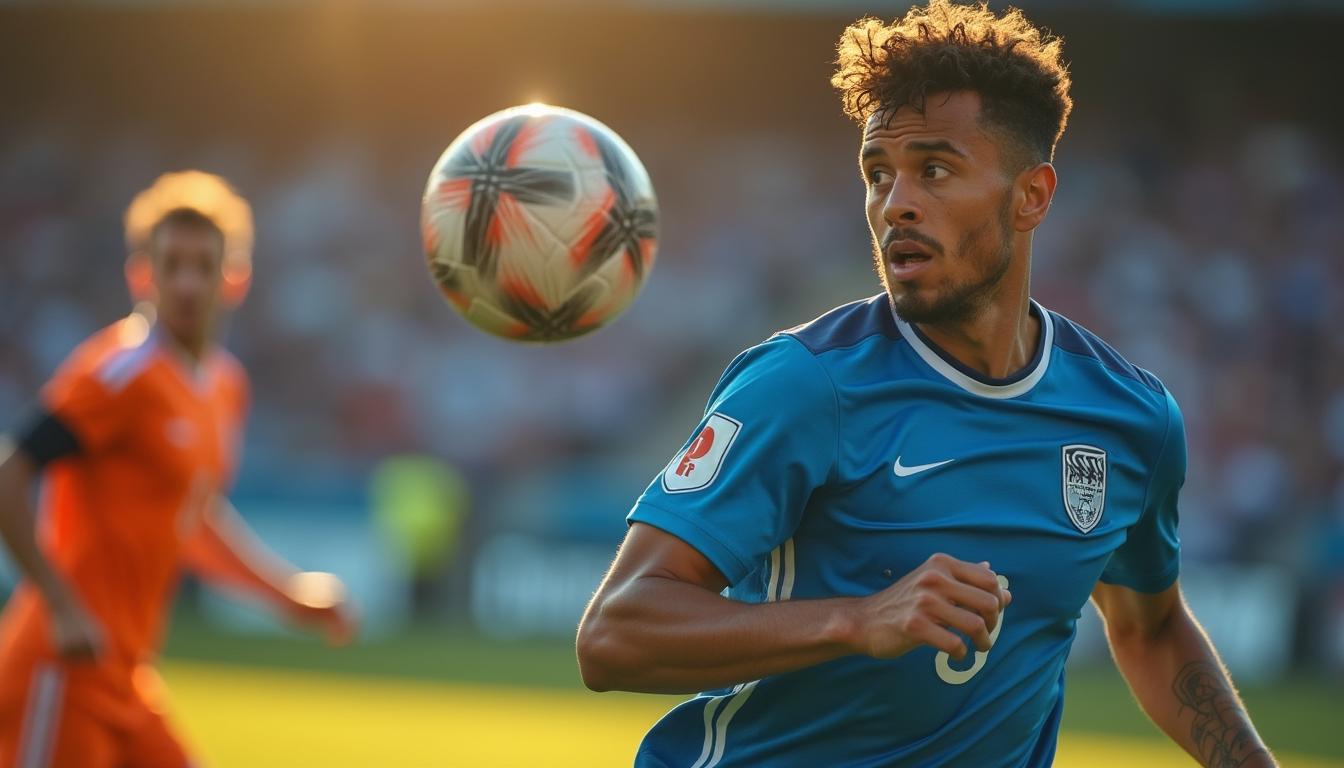
A full 90 minutes at high intensity—sometimes more in extra time—requires more than physical endurance. Players must sustain concentration and avoid lapses that often occur late in matches. Italian teams are historically praised for their discipline in managing games, where mental fatigue can be exploited by the opponent.
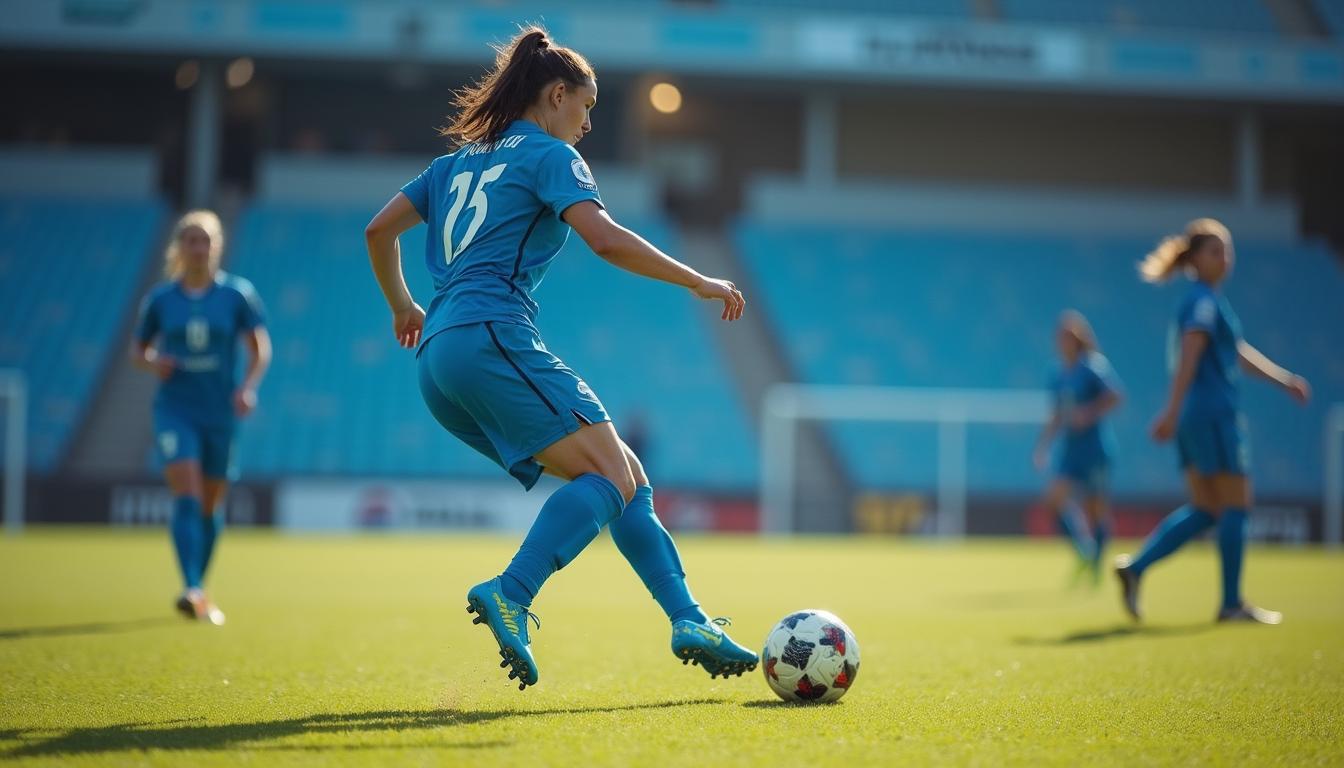
Soccer is a dynamic 360-degree sport where geometry and timing are everything. Midfield maestros, such as those in Serie A, excel because of their ability to perceive and exploit space in ways others can’t. Spatial intelligence allows players to create passing lanes, anticipate runs, and control the tempo of the match.
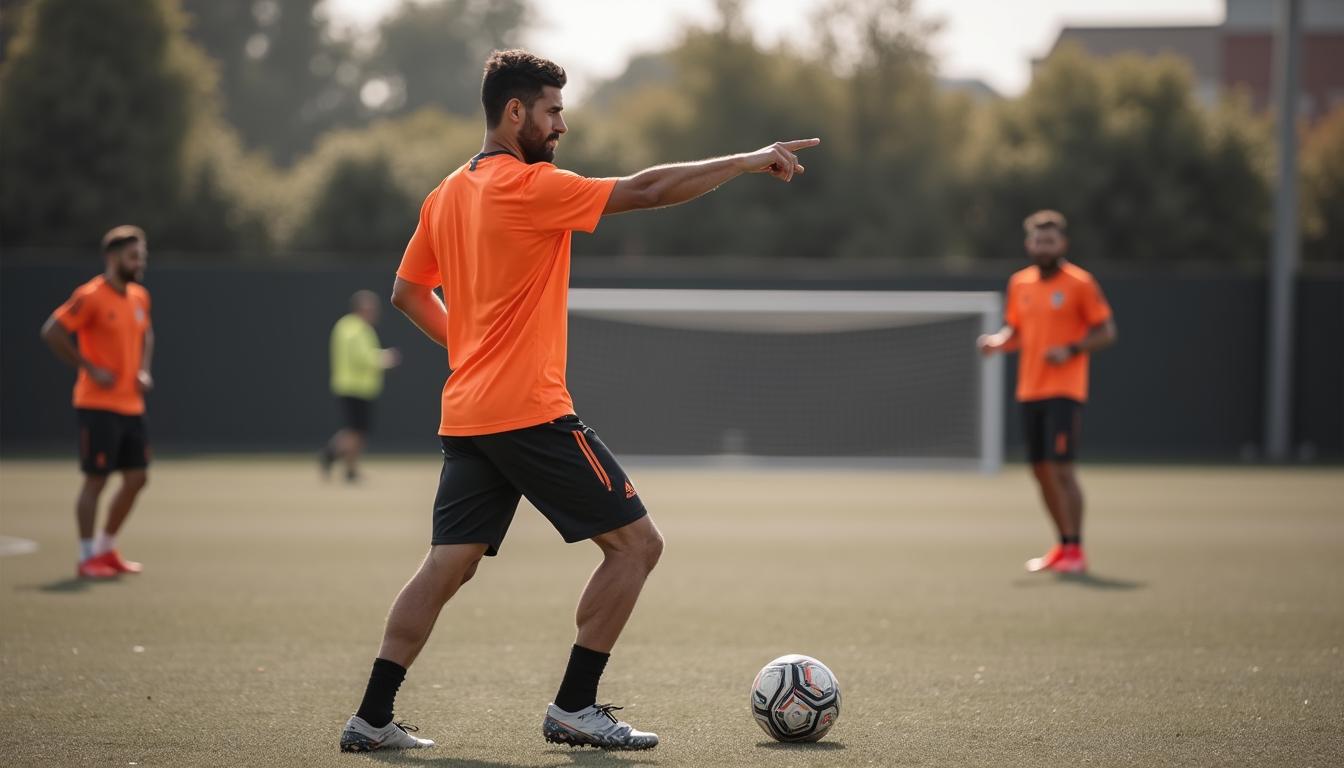
Top teams adapt strategies weekly, depending on opponents. This requires players to absorb tactical plans, apply them in training, and execute under match conditions. The ability to rapidly learn complex dynamic situations is a hallmark of elite soccer, where tactical sophistication is often greatest in Italian football.

These mental skills aren’t just abstract qualities—they can be measured and trained. Research has shown that NeuroTracker training significantly improves soccer-specific performance, including passing accuracy and decision-making in competitive play. Importantly, these findings have been replicated across independent studies, confirming the robustness of the results.
What’s more, research published by Nature on elite athletes—including Manchester United’s First Team—has shown that world-class players have extraordinary neuroplastic abilities to learn complex, dynamic visual scenes, which NeuroTracker uniquely assesses. This provides a novel method for predicting talent than can be developed rapidly.
NeuroTracker has also been shown to substantially increase cognitive resilience to the effects of physical fatigue. In professional rugby athletes, training with NeuroTracker built mental resistance under acute fatigue—precisely the kind of resilience needed to avoid the costly late-game errors that so often decide the outcome of soccer matches.
NeuroTracker is one of the rare tools in sports performance backed by over 120 peer-reviewed scientific studies. It is trusted by elite military special forces, F1 drivers, US top gun pilots and world-class teams, including professional soccer clubs.
For teams that want to sharpen their players’ decision-making, situational awareness, and mental stamina, NeuroTracker provides a proven way to train the brain—just as conditioning trains the body.







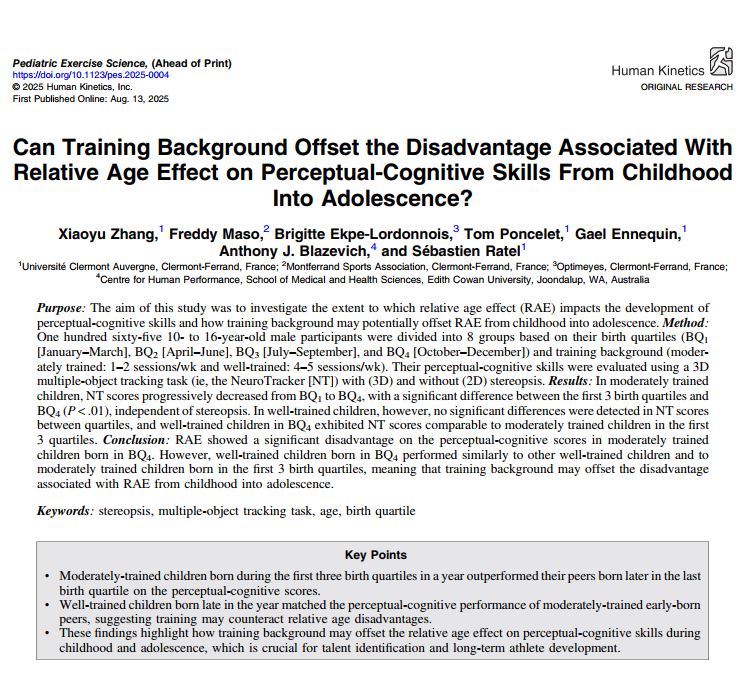
Welcome to the Research and Strategy Services at in today's fast-paced.

Standardized testing environments combine predefined formats and time limits that narrow how knowledge can be expressed. This interpretive guide help to distinguish structural constraint from reduced cognitive capacity.

Divided attention demands can alter performance through multiple processing streams rather than reducing cognitive capacity. This article interprets how to distinguish structural allocation from diminished ability under environmental constraint.

Reduced action range can alter performance by narrowing what can be physically or perceptually executed rather than diminishing cognitive ability. This article interprets how to distinguishing structural boundaries from capacity limitation.
.png)